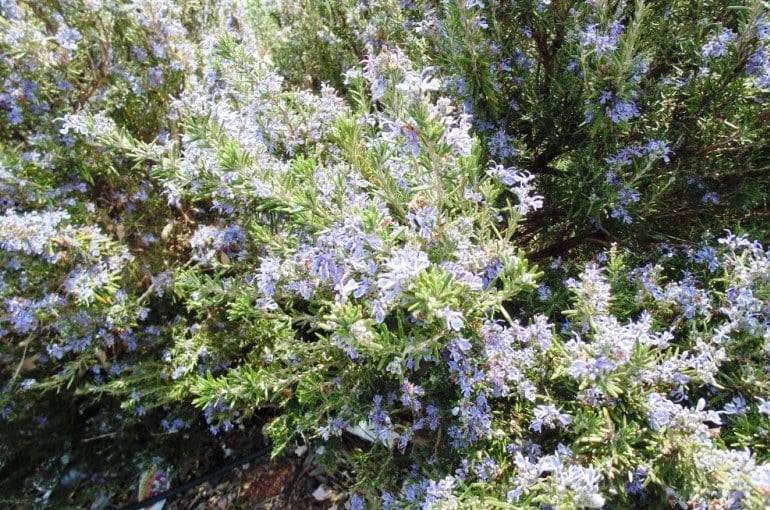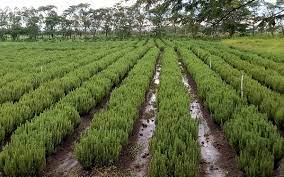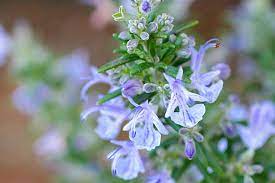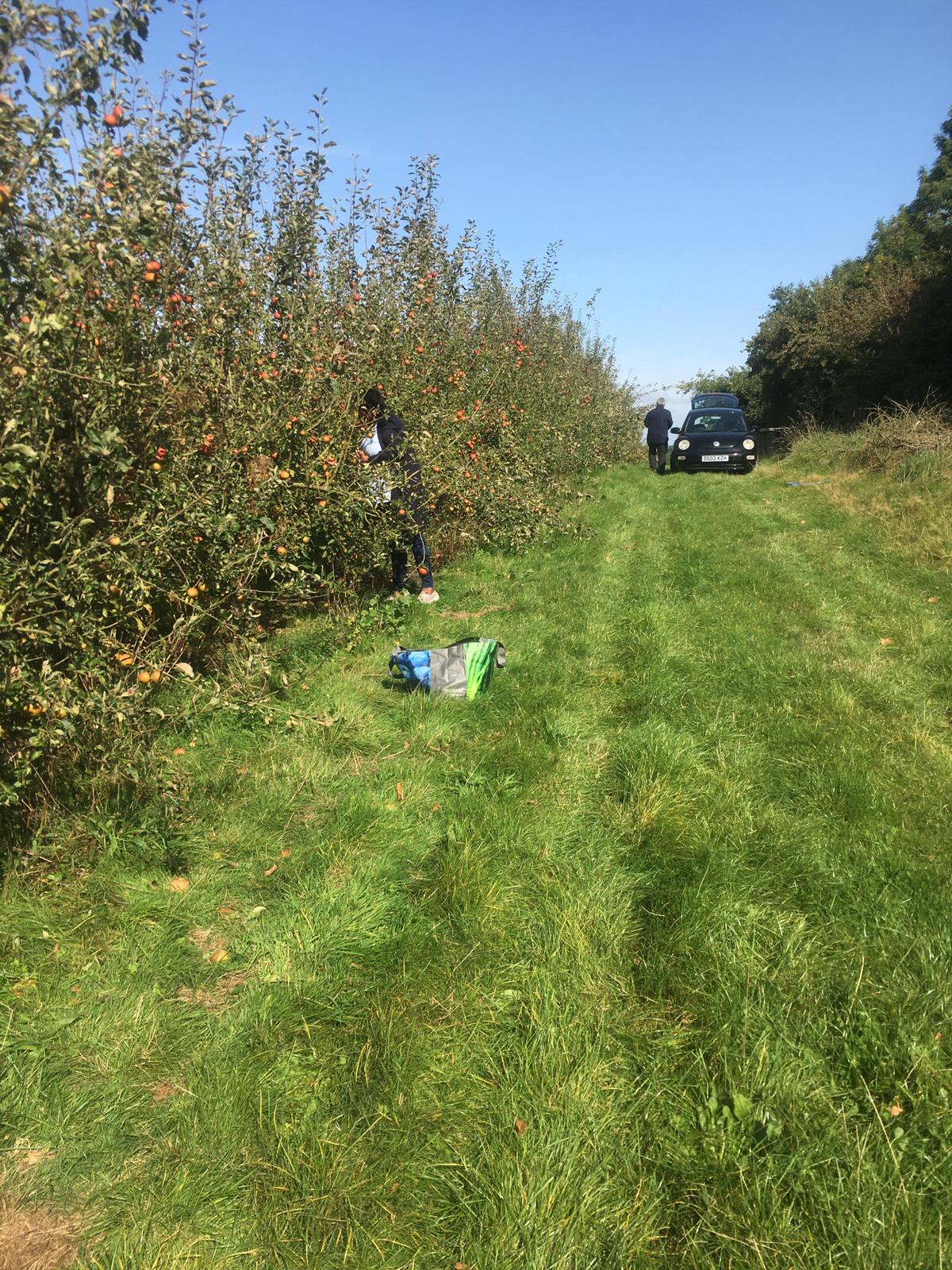
Professional Cultivation of Rosemary – Starting a Rosemary Farm
Growing commercially rosemary plants for fresh/dry stems or essential oil has become a new trend in agribusiness during the last two decades. The reason is first that the rosemary essential oil is nowadays used in a variety of industries and there is an increasing demand (that in some cases hardly meets supply). Secondly, the plant is fairly easy to grow and manage, while it rarely suffers from diseases. Once established, healthy and mature plants can produce sustainably good yields for over a decade. However, as it happens in nearly all commercial crops, a certain level of research is required, especially concerning the variety. Our rosemary plants will produce fresh plant material and/or essential oil for the next 10-15 years, so we must be certain that we will choose the right variety for our market. In cases of professional growers that supply pharmaceutical manufacturers or wholesalers, the client often dictates the variety and other specifications.

The rosemary plant is resilient and can grow in almost any well drained soil; however, it can thrive in certain climate and soil requirements. Although the average rosemary plant can survive without artificial water supply or fertilization in the average soil, growing commercially rosemary involves a series of activities. Planting, Irrigation, Fertilization, Weed Control and Harvesting are very important and affect greatly the final yield. These activities represent the majority of costs. Processing, storing and distillation methods are also extremely important for the final quantity and quality of essential oil.

